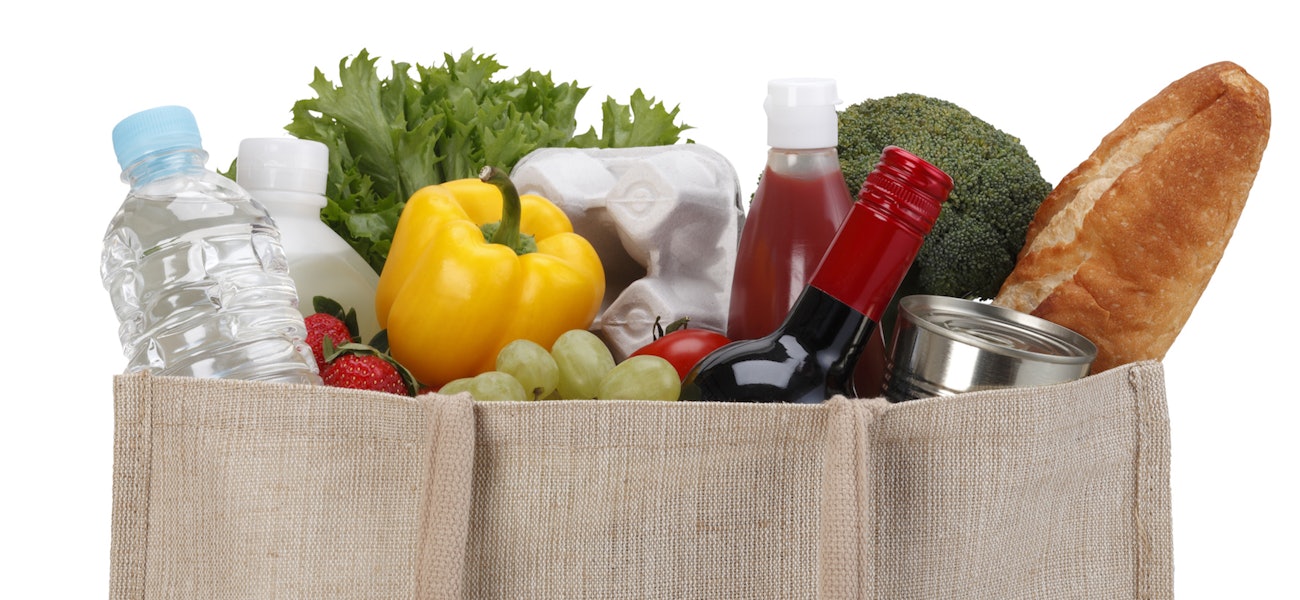If you’re like us, then you’re astonished by the amount of waste created by shopping for groceries. Of course, we all try to cut down on waste by tossing out as little food as possible. But do you ever think about reducing waste before you buy?
Know the rules of recycling
Always remember: “When in doubt, throw it out.” Anything that has food or human waste—like a pizza box or tissues—along with objects that can get tangled in machines—like clothes hangers or plastic bags—should be thrown away. You can use Earth911’s “What do I do with…” guide or the City of Baton Rouge’s handy chart to figure out what items can be properly recycled.
Clean up before you shop
Keep an inventory of what you already have on hand, so you don’t, for example, buy another container of salad greens if the one you have in the fridge is still fresh. And now that you know the recycling rules, you can also use them to make better decisions when grocery shopping.
|
|
|
Locate your reusable bags
Most of us have dozens of those reusable cloth grocery totes by now, which all seem to stay in the trunk of the car or shoved in the back of a pantry. Lifehacker suggests having bags that are small enough to keep in every place you might need them, like in the side door of your car, in your purse or even your pocket. You can also use creative hooks to keep them in strategic places, or try writing or typing the word “bags” at the start of every grocery list to get yourself in the habit. Even if you forget your bags and have to use plastic, Sarah Temple from the LSU Office of Campus Sustainability recommends later taking them to stores that will take the old bags for recycling, such as Walmart or Rouses.
Head to the farmers market first
Temple also suggests buying locally whenever it’s possible. “Not only can local food be fresher,” she says, “but the food coming from a farther distance is less sustainable due to the travel and fuel-burning required to transport the food.” The Red Stick Farmers Market operates downtown on Fifth and Main streets every Saturday, 8 a.m.-noon, and at the Pennington Biomedical Research Center Thursdays, 8 a.m.-noon. Or, visit Southside Produce Company on Perkins Road or Fresh Pickin’s Market on Coursey Boulevard, which are both open seven days a week.
|
|
|
If you can’t buy local, buying seasonally is a great alternative. Seasonal foods don’t just taste better, they are also more likely to be grown in natural conditions and not subject to hefty chemical treatments that can waste energy.
Avoid unnecessary packaging
Buying locally can also help with another big part of food waste: packaging. You don’t have to make a big change to make an impact—sometimes it can be as easy as not bagging your veggies individually or using a reusable produce bag instead. Try to avoid produce that is wrapped in plastic, since most fruits and veggies need to be washed before using them anyway. And if you do go for plastic, read the labels to see what type of plastic the packaging is made from. According to EarthEasy, plastics No. 1 (PETE) and No. 2 (HDPE) are more likely to be recycled in the United States. In Baton Rouge, plastics Nos. 1-6 are allowed in recycling bins.
Eating and shopping sustainably does not have to be time- or budget-consuming. But making these small changes can have a big impact on making your life a little more green.





